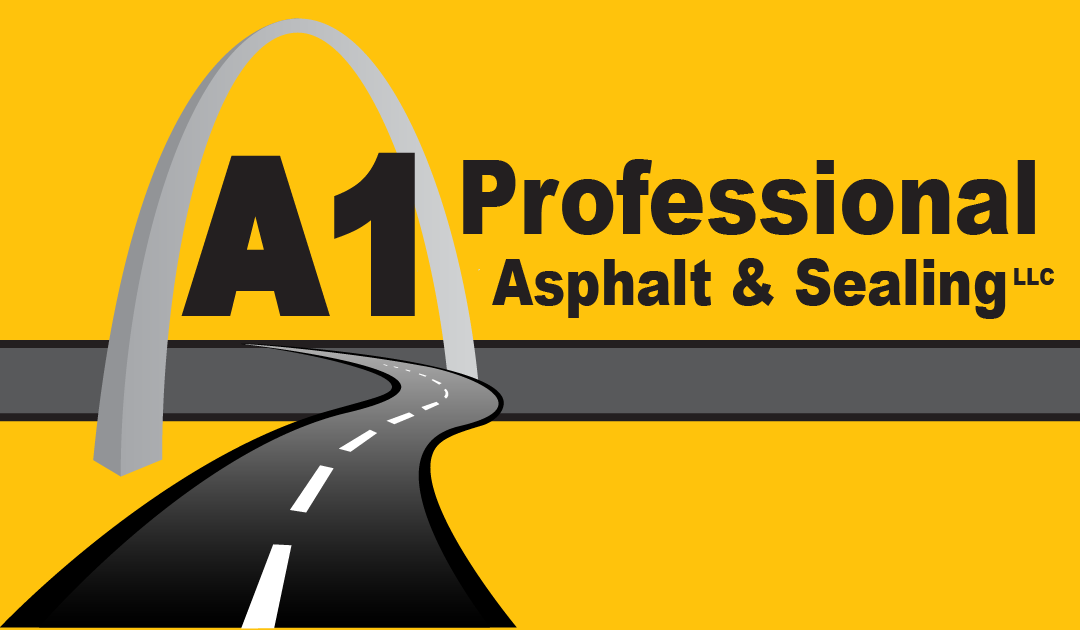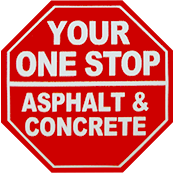Whether you call it tarmac, macadam, bitumen or blacktop, the black, sticky, petroleum-based material is one option property managers and owners choose for commercial parking lots, roads, sidewalks, or other projects. But, when considering asphalt, it is wise to look at the environment and climate when mulling one’s choices before getting that commercial asphalt work done. The most popular contender against asphalt for paved areas is concrete.
Is concrete or asphalt better for my climate?
For warmer climates, concrete can be the better option. Concrete has the ability to expand and contract based on the fluctuations in temperature, providing adaptability to weather conditions and durability as a material. However, concrete is susceptible to cracking in continual below-freezing conditions, as well as deteriorating due to salt use for melting snow and ice. Asphalt in extremely hot temperatures can become soft and oily, also becoming very hot to the touch.
In colder climates, asphalt takes the top spot as the cold does not affect the surface, nor does the use of salt to melt snow and ice. It can also help during winter since the dark surface absorbs heat from the sun, warming the surface to help melt snow and ice much quicker.
What is the lifespan of concrete and asphalt?
When environmental factors are eliminated and proper installation considered, concrete can last a lifetime. However, with certain climates, constant usage, and possible improper installation, deterioration may occur after a number of years or even decades. No true definitive lifespan can be provided for concrete since so many things can cause earlier problems, or it could last forever. When issues do arise, though, repairs could be costly.
Asphalt, however, typically requires resealing and resurfacing at least every five years, sometimes sooner based on usage. Periodic inspection may be necessary, as well, to check for gashes from extreme weather conditions or other mishaps. When properly taken care of, asphalt will last for years, and remain more aesthetically pleasing than concrete between resealing.
Which is better for parking lots?
Either material may be a great option for your company’s parking lot. The needs of your business will ultimately help decide which is right for you. Overall costs will be determined by the size of the parking lot and materials required, which can be provided by an estimate before work begins.
Whether the final paving material you choose for your project is concrete or asphalt, we at A1 Professional Asphalt & Sealing are available for all your commercial asphalt and concrete Services around the St. Louis area. Contact us today to learn more about how we can assist with your paving needs.

